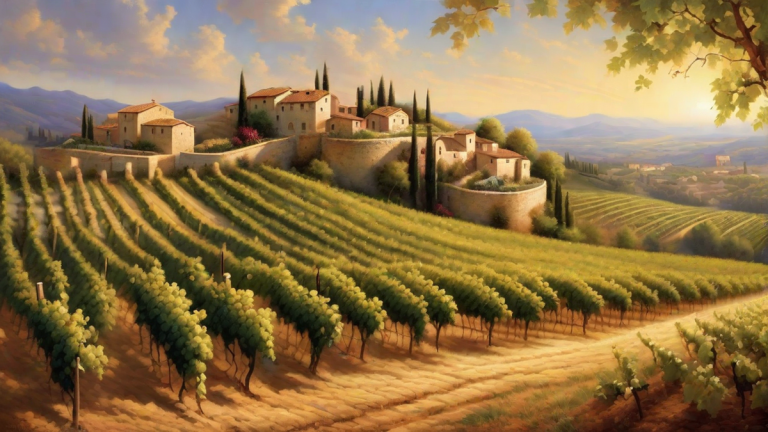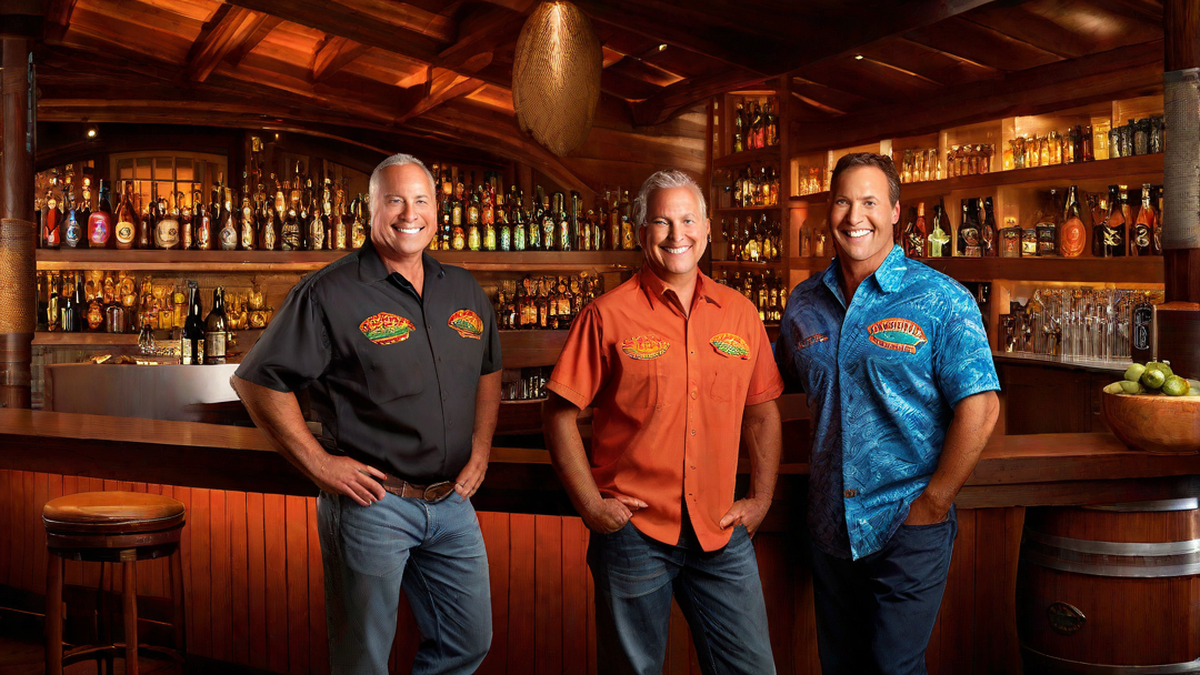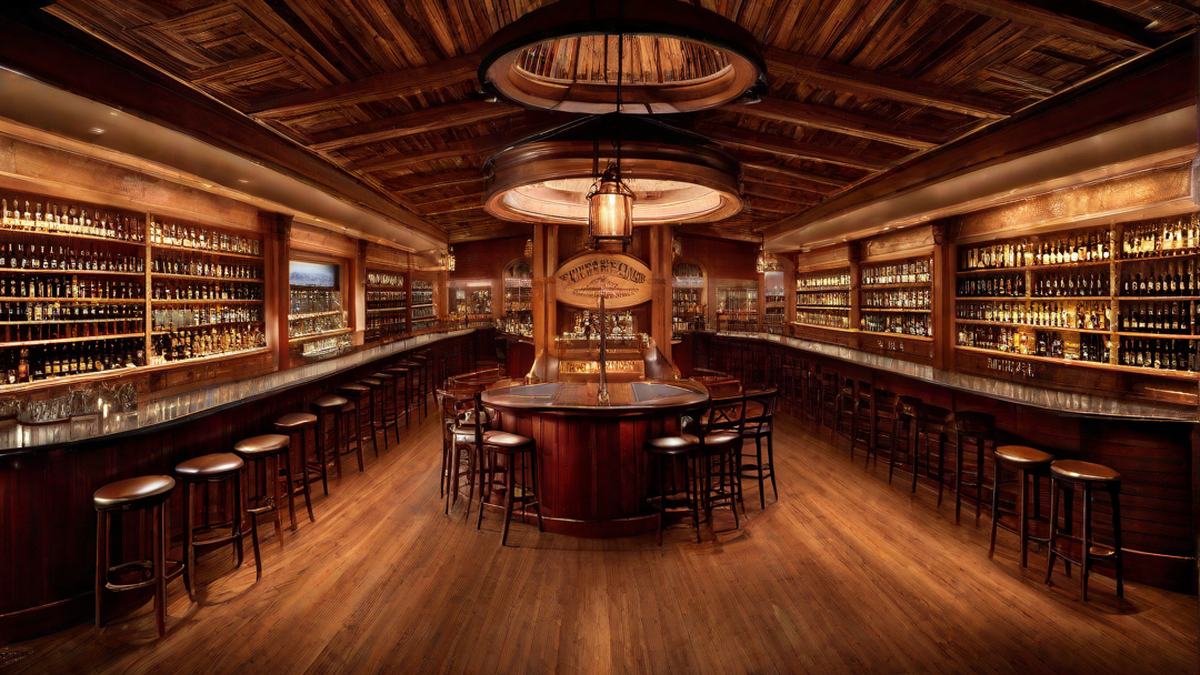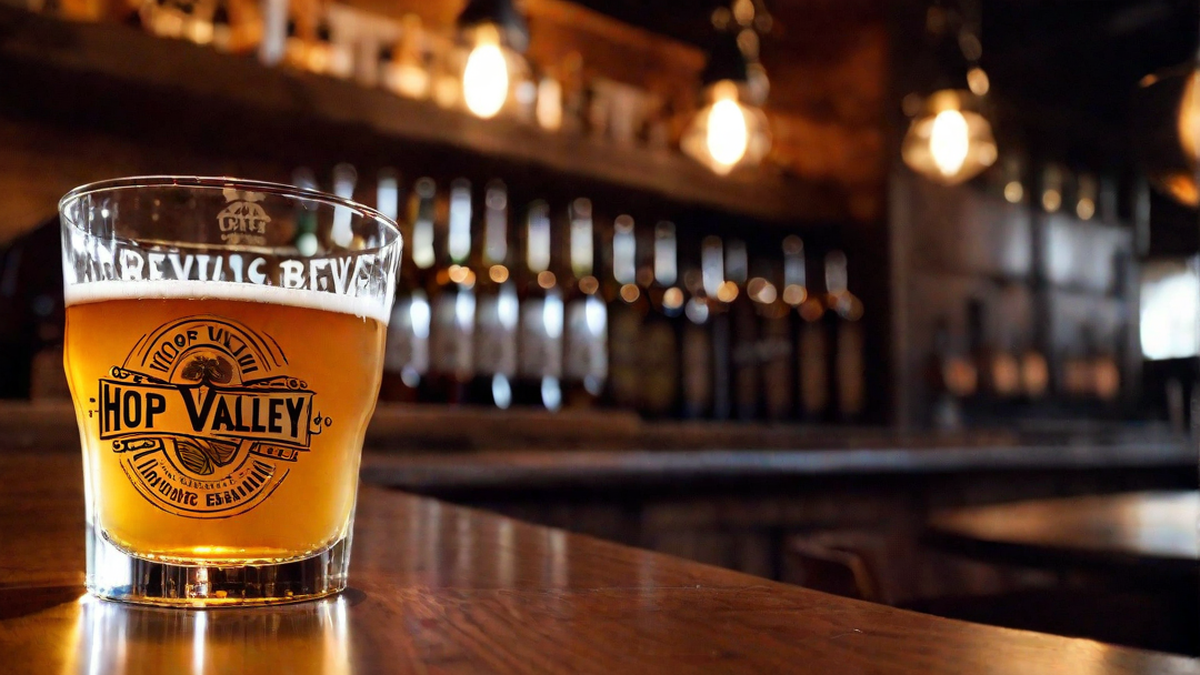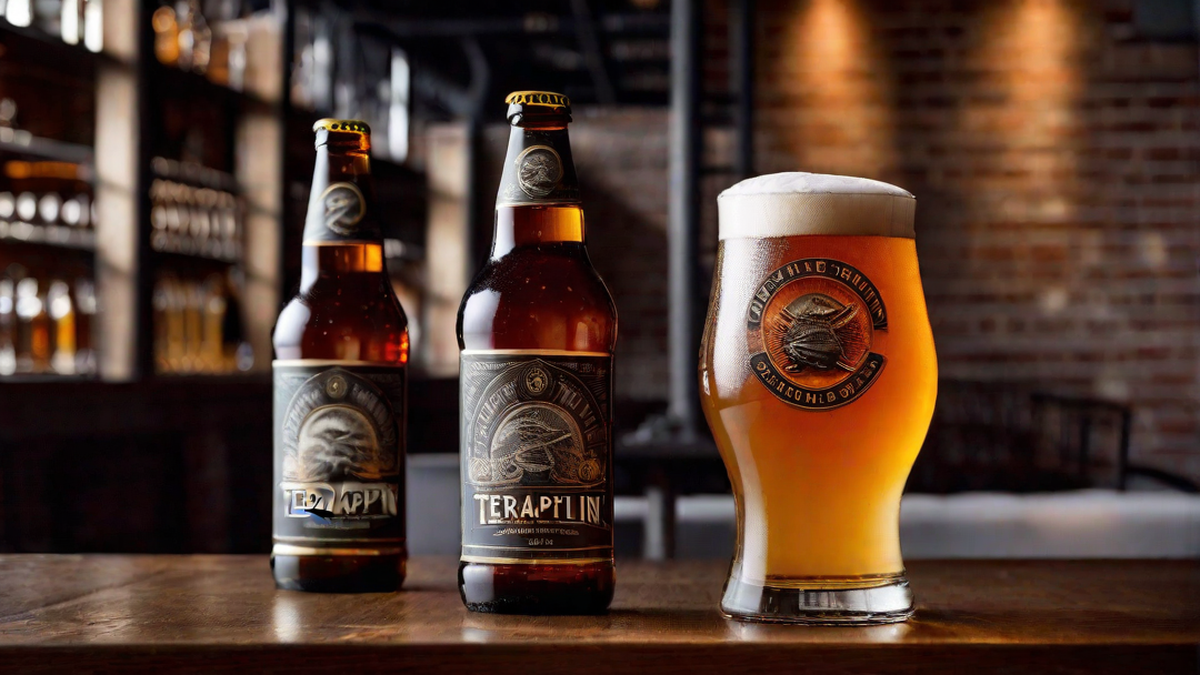During biblical times, the ability to create wine was highly valued and held a prominent place in society. As someone who appreciates wine, I am intrigued by the traditional approaches and processes utilized to craft this cherished drink in the past.
Winemaking in biblical times was a labor-intensive process that required careful attention to detail and the utilization of natural resources. The process typically began with the selection and harvesting of ripe grapes. In those days, grapevines were commonly grown in terraced vineyards, where they received ample sunlight and protection from harsh weather conditions.
Once the grapes were harvested, they were carefully sorted to remove any damaged or unripe fruit. This step was crucial to ensure that only the best quality grapes were used in winemaking. In my opinion, this attention to detail reflects the commitment of ancient winemakers to producing a high-quality product.
After sorting, the grapes were pressed to extract their juices. In biblical times, this was often done by foot-treading the grapes in large, shallow fermentation vessels known as winepresses. The act of stomping on the grapes was not only practical but also a communal activity that brought people together. I can imagine the joyous gatherings and laughter as people worked together to crush the grapes and release their precious juices.
Once the grapes were pressed, the resulting juice was collected and transferred to clay jars or wine skins for fermentation. Natural yeasts present on the grape skins would initiate the fermentation process, converting the sugars in the grape juice into alcohol. This natural fermentation process could take weeks or even months to complete, depending on various factors such as temperature and sugar content.
During fermentation, winemakers had to carefully monitor the progress of the wine. In biblical times, this was done by taste and smell. The winemaker would constantly sample the wine, assessing its aroma and flavor to determine its readiness. This hands-on approach to winemaking reveals the intimate relationship between the winemaker and their craft. It’s a personal touch that I appreciate and admire.
After fermentation, the wine was often aged in clay jars or wooden barrels. This aging process allowed the flavors of the wine to develop and mellow. In biblical times, the concept of aging wine was not well understood, but the practice of storing wine for extended periods was known. As a wine enthusiast, I find it fascinating to think about the patience and anticipation ancient winemakers must have had as they awaited the transformation of their wine.
In conclusion, the winemaking techniques employed in biblical times were a testament to the skill and dedication of ancient winemakers. From the careful selection of grapes to the communal foot-treading and the personal monitoring of the fermentation process, every step was infused with a deep connection to the art of winemaking. As I sip a glass of wine today, I can’t help but appreciate the rich history and traditions that have shaped this beloved beverage over the centuries.
